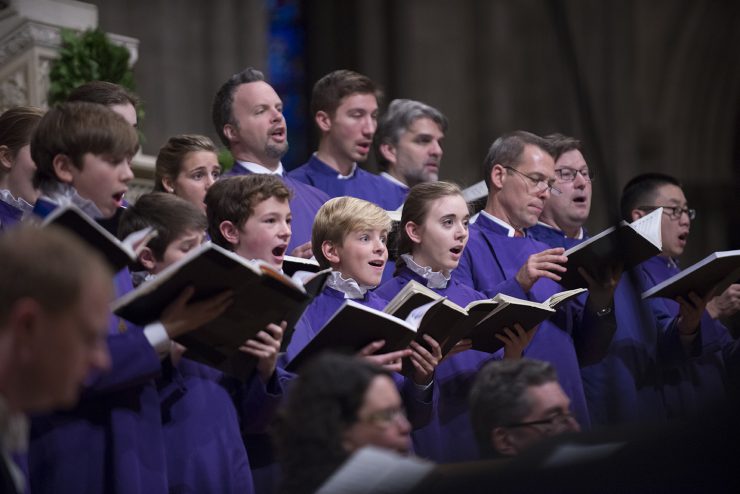The sung text consists entirely of English translations from the Hebrew scriptures and the New Testament, and the central theme is religious and specific: for Christians, the cosmic meaning of the birth, suffering and resurrection of Jesus Christ. But the “Messiah” has long transcended the commitments that produced it. For millions of people, experiencing it has become the most sacred act that a mass secular audience will ever undertake together. It is a piece of music that people not only admire and enjoy but in which they also report finding something like truth — intimate, magnetic, awesome.
That will probably be even more the case this year, for one big reason. The “Messiah” was born of — and built for — a world awash in political turmoil, social unrest and fear about the future. It has endured because every generation has found its own travails mirrored in the striking combination of ancient prophecies and irresistible songs and choruses. At its core is a hidden method for thinking our way toward hope.
Wade into the words of the “Messiah,” and it isn’t hard to find some familiar worries.
